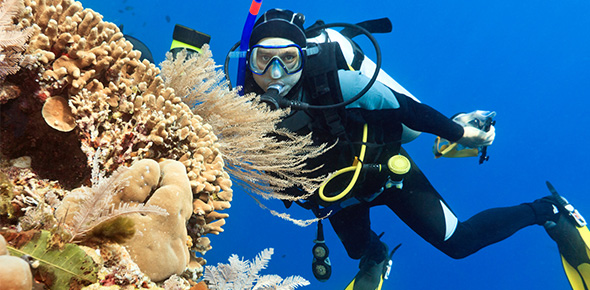Related Flashcards
Related Topics
Cards In This Set
| Front | Back |
|
What was the Folk Psychology view of Teaching and Learning?
|
The main idea was that students were blank slates meant to be filled with knowledge
|
|
What was the Misconceptions Movement and when did it occur?
|
Misconceptions movement was a reaction to Folk Psychology view of teaching and learning, it recognized that students had false beliefs tat interfered with their learning and tried to replace them.
|
|
What was the Constructivist movement, who was its founder, and when did it occur?
|
Jean Piaget pioneered the constructivist movement in the mid twentieth century. His theory was that humans generate ideas from experiences.
|
|
What was the main goal of the Conceptual Change movement, and what was it a reaction against?
|
Tried to understand why students have difficulties in science, it was a reaction against the misconception movement.
|
|
Why was the misconception movement anti-constructivist?
|
Because it did not allow students to construct their own ideas.
|
|
Define Knowledge.
|
Learned concepts represented in the cognitive system without judgment.
|
|
What is a clinical interview?
|
A social interaction between an interviewer and the interviewee, supported by Piaget because it fostered natural learning by presenting a problematic issue to the interviewee with the challenge of solving it.
|
|
Why do misconceptions occur?
|
Because we live in a physical world and have intuitive experience. Intuition is usually correct, but the application of it is not.
|
|
What is the impetus theory and why is it a misconception?
|
Setting an object in motion imparts an internal force, began with aristotle. However, gravity is often the only force on the object.
|
|
What was Kuhn's theory?
|
Scientific progress proceeds through normal shifts punctuated by periods of rapid change, analogous to history of science.
|
|
Define Incommensurability
|
The characteristic of inexplicability
|
|
Who coined the term conceptual change and what was the influence behind it?
|
Carey, the developmental psychologist, coined the term, and was influenced by the analogy between development of students' theories and the history of science.
|
|
What was the basis of the theory theory?
|
Students have theories similar to scientists and test them.
|
|
Who was the founder of the Theory Theory, and when did this occur?
|
In 1983, Michael McCloskey noticed that students entered the classroom with articulate ideas that contradicted Newtonian theory.
|
|
What are the conditions under which students' ideas change?
|
According to Posner, Strike, Hewson, and Gertzog (in 1982), dissatisfaction, intelligibility, plausibility, and fertility were the conditions. Later, Posner and strike added "motivation" to the list in 1990.
|





